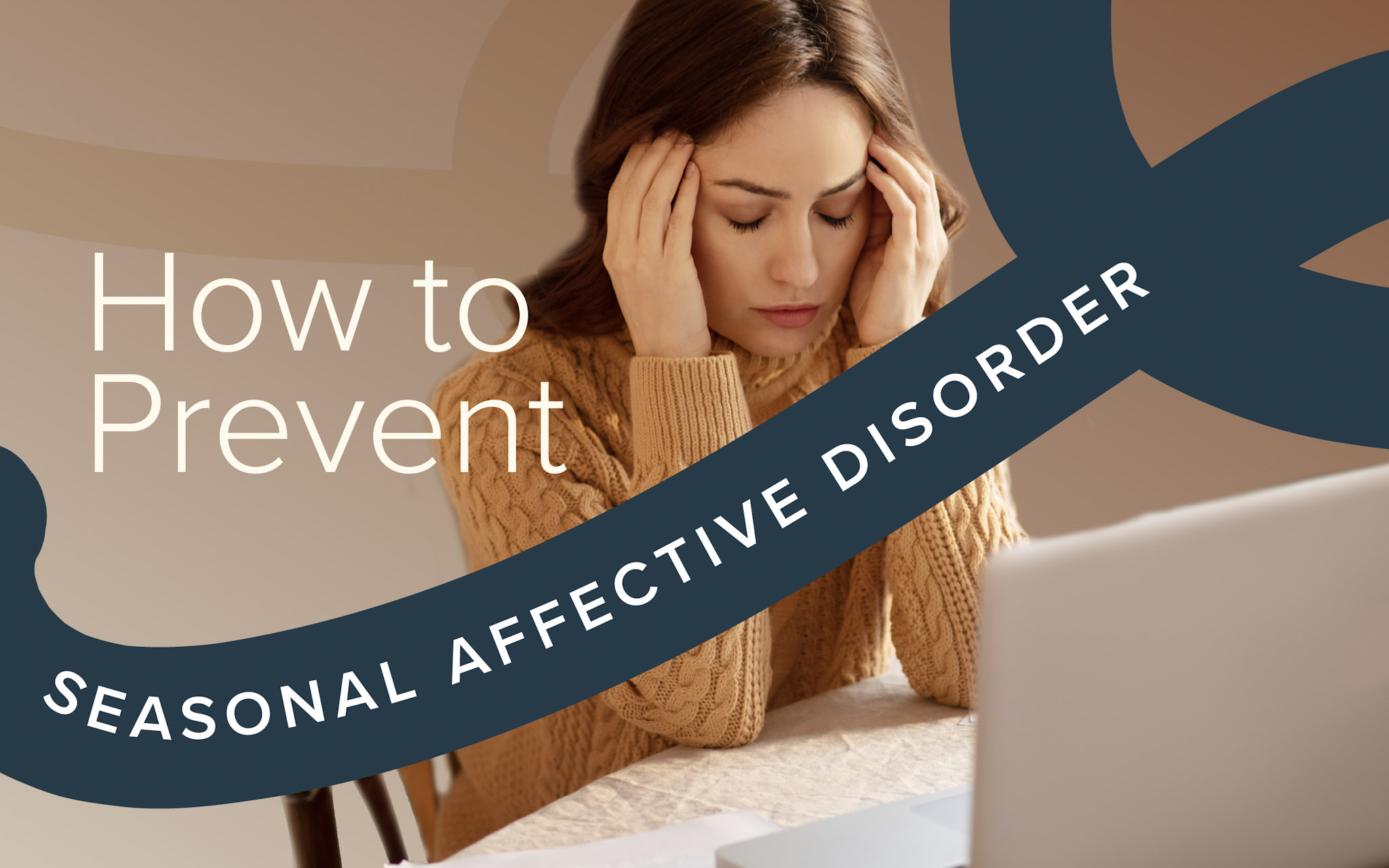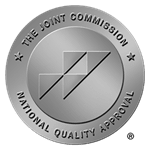How to Prevent Seasonal Affective Disorder

If you’re wondering how to prevent seasonal affective disorder, the good news is that there are natural, holistic steps you can take to care for your body and mind during the darker months. As the days get shorter and sunlight begins to fade, you may notice a shift in your energy and mood. It’s easy to dismiss as “just the winter blues”, but millions of people suffer from seasonal affective disorder (SAD) each year. It’s a form of depression that follows a seasonal pattern, most often beginning in late fall or early winter when the days get shorter.
Below, we’re sharing what seasonal affective disorder looks like and 8 natural ways to prevent and manage your symptoms.
What Is Seasonal Affective Disorder?
The word “affect” refers to a mood or emotion, which is exactly what seasonal affective disorder impacts. Seasonal affective disorder is a form of depression that follows a seasonal pattern, most often beginning in late fall or early winter when the days get shorter.
If you’re wondering how to prevent or manage seasonal affective disorder, the first step is recognizing the signs. Common symptoms of seasonal affective disorder include low energy, lingering sadness, sleeping more than usual, strong food cravings, and wanting to withdraw from friends or activities you normally enjoy. These shifts happen because less sunlight changes how your brain produces serotonin and melatonin. These chemicals regulate mood, sleep, and energy, so when they dip, you feel it!
8 Ways to Prevent and Manage Seasonal Affective Disorder
There’s no one-size-fits-all answer for seasonal affective disorder, but small daily habits can make a big difference. Here are 8 natural ways to prevent symptoms and support your mood through the darker months.
1. Light Therapy and Natural Sunlight
Regular exposure to bright light can reset your body clock and lift your mood. Go outside in the morning, open your blinds, and let natural light in. If sunlight is limited, try a light therapy lamp that mimics daylight.
2. Maintain a Consistent Sleep Schedule
Your body works best when it follows a regular rhythm. Try to go to bed and wake up at the same time each day, including weekends. A steady sleep routine helps regulate your energy, focus, and mood.
3. Exercise Regularly
Movement is one of the best natural antidepressants. You’ll want to aim for 20 to 30 minutes of activity most days, if possible. While outdoor exercise is especially helpful, anything that gets your body moving will boost endorphins and support your mental health.
4. Support Mood Through Nutrition
Eat plenty of omega-3s from fish, walnuts, or chia seeds, and include vitamin D from fatty fish or supplements if needed. Choose complex carbs like sweet potatoes, legumes, and whole grains to steady your energy and reduce cravings.
5. Practice Mindfulness and Meditation
Make it a point to include more quiet moments in your day to bring balance. Try breathwork, meditation, or a simple mindfulness practice. These tools can help reduce stress, calm your nervous system, and help you stay grounded.
Isolation will only make the symptoms of seasonal affective disorders worse. Staying connected, even in small ways, can help you feel supported and less alone. Reach out to friends, join a group, or plan activities with family.
7. Try Holistic Supports
There are plenty of complementary practices that can help restore balance. Herbal remedies like St. John’s Wort, adaptogens, yoga, tai chi, or acupuncture may reduce symptoms and increase resilience. Always talk with a provider before trying new supplements.
8. Professional Support / Therapy if Symptoms Persist
If symptoms persist even after lifestyle changes, consider professional support. At Barn Life Recovery, we incorporate holistic and integrative tools to bring mind, body, and spirit back into alignment.
When to Seek Professional Help
You’ll want to reach out for professional support if symptoms begin to interfere with daily life, relationships, or work. If you notice your low mood lasting for weeks, if you’ve lost interest in things you normally enjoy, or if daily tasks start to feel overwhelming, that’s a sign to seek additional support.
Conclusion
At Barn Life Recovery, we believe healing happens when the mind, body, and spirit are all cared for. If seasonal affective disorder is weighing you down, our team is ready to help you find balance again. Contact us to start your healing journey today!









